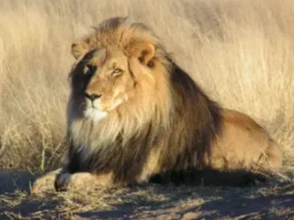Summary
In this collection, we embark on a journey through the intricate tapestry of the animal kingdom, focusing on the diverse adaptations, behaviors, and ecological roles of carnivores. From the iconic big cats to the elusive small felids, and the cunning canids to the formidable hyenas, each species within this collection represents a unique chapter in the story of Earth's apex predators. This collection introduces the lives of these formidable predators, shedding light on their behaviors, habitats, and the critical roles they play in maintaining the health and equilibrium of ecosystems worldwide.
Entries
Topic Review
- 1.2K
- 08 Feb 2024
Topic Review
- 2.9K
- 08 Feb 2024
Topic Review
- 1.6K
- 08 Feb 2024
Topic Review
- 981
- 08 Feb 2024
Topic Review
- 2.3K
- 08 Feb 2024
Topic Review
- 1.8K
- 02 Feb 2024
Topic Review
- 2.2K
- 04 Feb 2024
Topic Review
- 1.1K
- 02 Feb 2024
Topic Review
- 1.8K
- 02 Feb 2024
Topic Review
- 1.0K
- 04 Feb 2024

